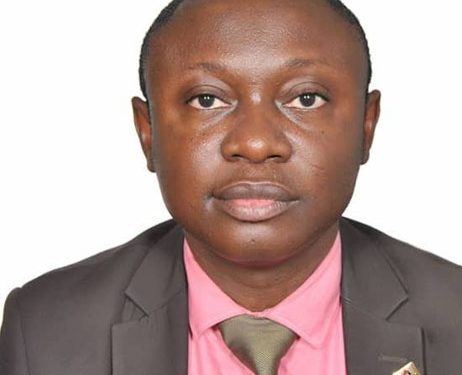A corporate governance and accounting specialist at the department of accounting and finance at the Kwame Nkrumah University of Science and Technology (KNUST), Prof. Kingsley Opoku Appiah wants government to look at alternative ways of generating revenue than relying on the electronic transfer levy (E-levy).
According to Prof. Opoku Appiah, instead of seeking to raise GH¢6.9 billion from E-levy, government should instead consider cutting down GH¢6.9 billion on grants it gives out to government units such as Metropolitan, Municipal and District Assemblies (MMDAs) and tertiary institutions.
“Stop the E-levy and cut down GH¢6.9 billion grants to other government units. The E-Levy is just bringing 5.02% of the total expenditure. So what are the alternatives without the E-levy? Without the E-levy, the government should consider putting on hold the estimated 26.8% (of the budget) to be given as grants to other government units.”
“The budget is telling us that over the years, the amount that has been spent on the percent is around GH¢12 billion. So, in 2021, the amount that was spent on grants to other government units was GH¢11 billion. In 2020, it was GH¢12 billion. Now, if you look at the 2021 budget, the estimated amount was GH¢18 billion but the actual was GH¢11 billion. In the 2022 budget, it is estimated to be almost GH¢27 billion. Now if we suspend GH¢6.9 billion, it will take us back to the budgeted figure of 2021 which was GH¢18 billion, but we spent GH¢11 billion. Even if you spent the entire amount left, there wouldn’t be the need for E-levy.”
Speaking to Citi FM, he also called on government to scrap teacher and nursing training allowances and convert the amount into loans for students.
He is also advocating for government to also turn university and other tertiary subventions into students loans to lessen the burden on the central government.
“Turn university and other tertiary subvention into students loans to free space for more money into capital expenditure. Also, scrap teacher and nursing training allowances and replace them with loan schemes”.










Discussion about this post